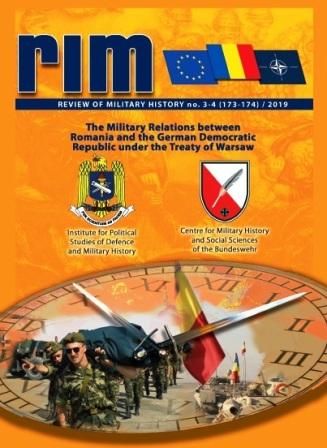Cooperarea militară interbalcanică. Jocul periculos al „rezervelor”
Inter-Balkan Military Cooperation. The Dangerous Game of the “Reservations”
Author(s): Alexandru Petrică OșcaSubject(s): Diplomatic history, Military history, Political history, Security and defense, Interwar Period (1920 - 1939)
Published by: Editura Militară
Keywords: Little Entente; Balkan Pact; Romania; Turkey; Yugoslavia; Greece; interwar period;
Summary/Abstract: Following World War I, the anti-revisionist states in Eastern Europe increasingly needed to safeguard their collective security. The solution was, on one hand, to strengthen the existing alliances (the Little Entente was consolidated through the signing of the Pact of Organization, in February 1933), and, on the other hand, to establish new political-military alliances – the Balkan Pact (or the Balkan Entente), signed in Athens on February 9, 1934 – which brought together Yugoslavia, Romania, Greece and Turkey, the states that sought the preserve the status quo in the Balkans. To achieve their goals, the respective alliances had military clauses which ensured the cooperation of national armies in repelling any possible aggression. These arrangements were included in military conventions and in other documents agreed upon during the annual conferences of the chiefs of staff of the allied countries. Within the Balkan Pact, two such conventions were adopted: the Military Convention in Three (Romania, Turkey and Yugoslavia) and, respectively, the Military Convention in Four (with Greece), signed in late 1936. Military collaboration within the Pact had a rough start because of the “reservations” each state strongly “defended”. Renunciation to these “reservations” became possibly only after high-level political talks or on the basis of mutual concessions. The short time between the conclusion of the conventions and the outbreak of the war found the Pact unprepared: it dissolved before being put to use by the member states that were the target of military aggression. The transformation of the Pact into the Balkan Bloc of Neutrals also proved an illusory solution.
Journal: Revista de istorie militară
- Issue Year: 2020
- Issue No: 5-6
- Page Range: 70-82
- Page Count: 13
- Language: Romanian

